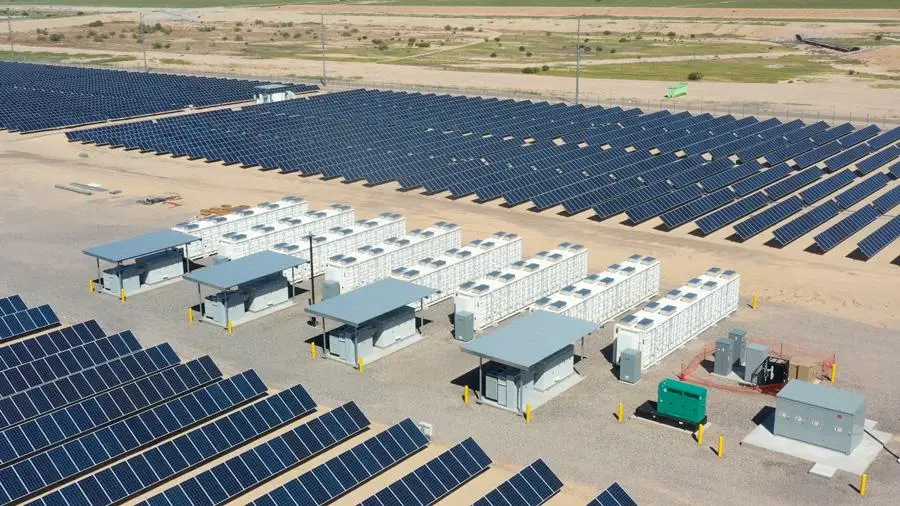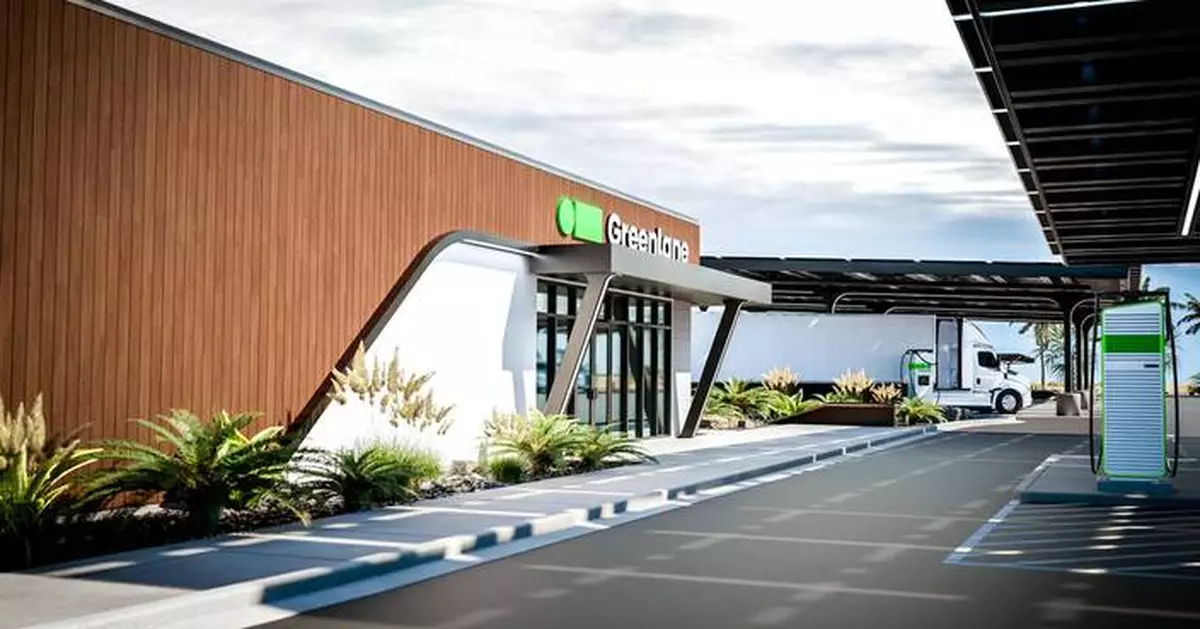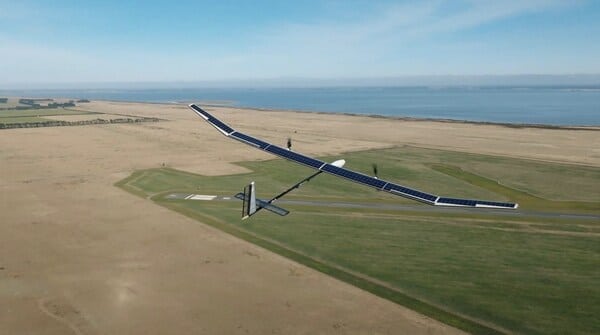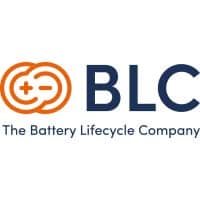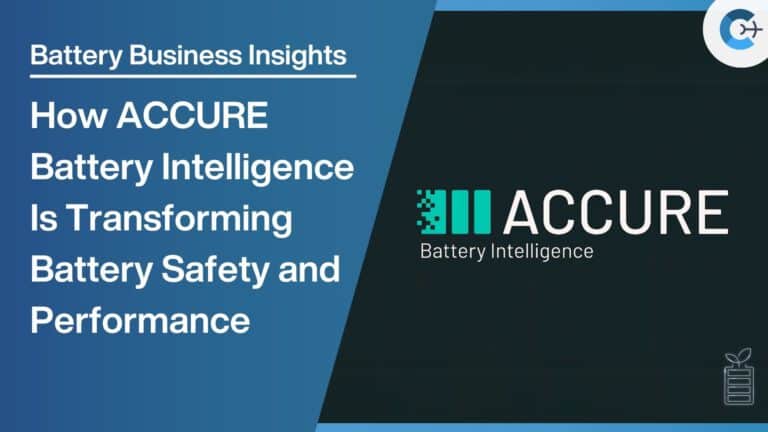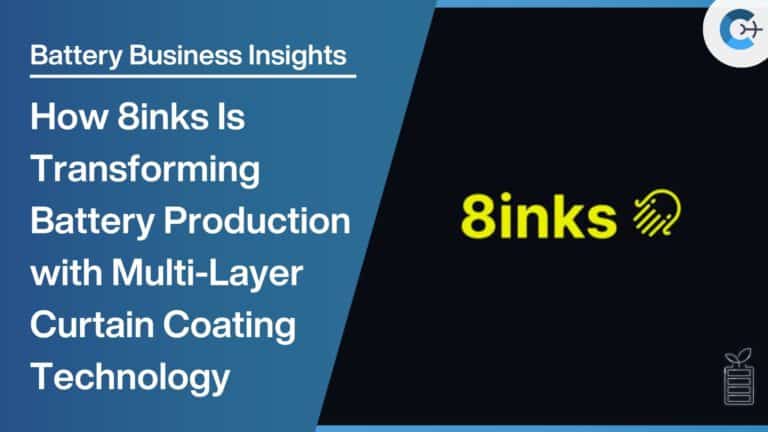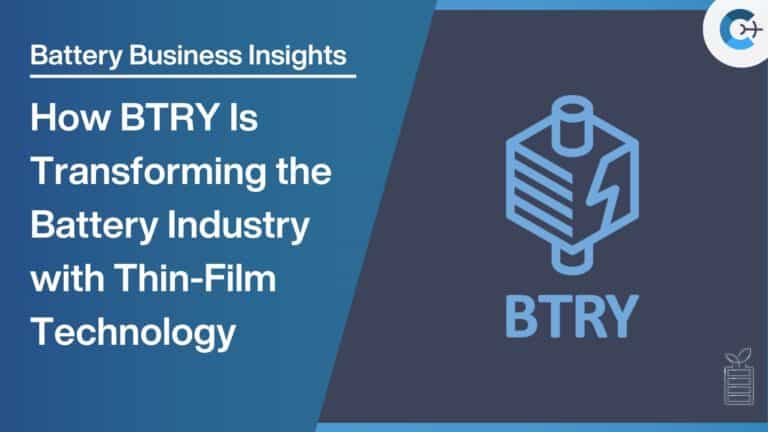According to the latest data from Shenzhen-based research institute GGII, China’s lithium battery shipments totaled 786 gigawatt-hours (GWh) in the first three quarters of 2024, up from 605 GWh in the same period in 2023.
Shipments of ESS batteries reached 216 GWh in the first three quarters of 2024, marking a 70% increase from the 127 GWh shipped during the same period in 2023. In comparison, shipments of power batteries for EVs totaled 533 GWh, up by 20% from 445 GWh in the same period in 2023.
Industry sources reported to Fastmarkets that battery producers in China have been expanding the capacity of ESS batteries to offset the slowing EV growth rate amid falling production costs for lithium batteries.
“We are seeing much higher production of energy storage batteries in China this year, and we expect the future growth rate in the energy storage market to remain fast paced,” a Chinese cathode producer source said.
China’s push for advanced power systems is boosting interest in energy storage system (ESS) batteries, valued for quicker production time and greater practicality over wind, solar, and hydro sources.
By the end of 2023, China’s ESS capacity reached 86 gigawatts (GW), with pumped hydro storage accounting for over 59% and battery storage nearing 40%, according to data from the China Energy Storage Alliance (CNESA).
Larger Capacity ESS Batteries
China’s leading battery makers, including EVE, have reported substantial growth in ESS battery deliveries this year. According to its quarterly report, EVE delivered 14.8 GWh of ESS batteries in Q3 2024, marking a 95% increase from 7.58 GWh in the same quarter last year.
In contrast, EVE’s EV power battery deliveries reached 7.2 GWh in Q3, up only 1% year-on-year. This brings EVE’s total lithium battery deliveries in Q3 to 22.00 GWh, a 50% rise from the 11.00 GWh delivered in Q3 2023.
For the first three quarters of 2024, EVE’s battery shipments totaled 56.44 GWh, reflecting a 55% year-on-year increase. ESS batteries accounted for 35.73 GWh of this total, nearly doubling from the 17 GWh shipped in the same period last year.
Growing Momentum for ESS
CATL, China’s leading battery producer, reported faster growth in ESS battery deliveries compared to EV batteries, both domestically and internationally. Since 2021, CATL has led global ESS battery shipments, capturing over 40% of the market. In 2023, its ESS shipments surged 46.8% to 69.00 GWh, outpacing the 32.6% increase in EV battery deliveries, which totaled 321 GWh.
CATL’s total shipments reached 125 GWh in Q3 2024, up 15% from Q2. ESS now represents approximately 24% of its total battery capacity. Revenue from ESS has risen from 189 million yuan ($27 million) in 2018 to nearly 60 billion yuan ($8.6 billion) in 2023, now making up nearly 15% of total earnings. The ESS segment also yielded a higher gross margin of 23.79% in 2023, surpassing EV battery margins by 1.5%.
CATL will also supply battery cells and packs for Tesla’s “Megapack” factory in Shanghai. The factory aims to produce 10,000 units per year with a cumulative 40 GWh of storage capacity.
New Energy Storage Market in Emerging Markets
EVE Chief Executive Liu Jincheng stated at a battery conference this year, “In addition to major regions such as China, Europe, and North America, the energy storage market in emerging [markets], such as the Middle East and Africa, are also quite active.”
Based on data from SNE Research, global shipments of ESS batteries reached 185 GWh in 2023, up 53% from 121 GWh in 2022.
China’s top battery manufacturers are expanding internationally amid fierce domestic competition and rising global demand. In September, EVE secured a contract to deliver 19.50 GWh of lithium iron phosphate (LFP) batteries to American Energy Storage Innovations (AESI), which includes a 13.39 GWh order previously made by American Battery Solutions (ABS) in 2023.
BYD, another major Chinese battery and EV producer, has pursued large-scale ESS projects across Latin America, including Brazil and Mexico, since 2017. In 2023, BYD ranked second globally in ESS deliveries, reaching 28.4 GWh, just behind industry leader CATL.
In October 2024, Spanish energy firm Grenergy Renovables secured funding for the initial phase of a large ESS project in Chile, marking BYD’s largest-ever contract. This project will supply between 1.10 and 3.00 GWh of storage capacity, underscoring China’s growing influence in the global ESS market.
Source: Fastmarkets, cnesa.org

